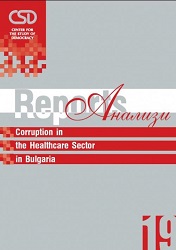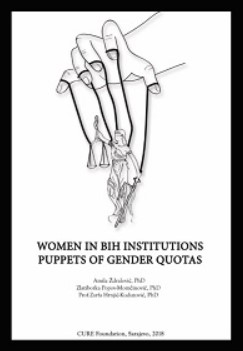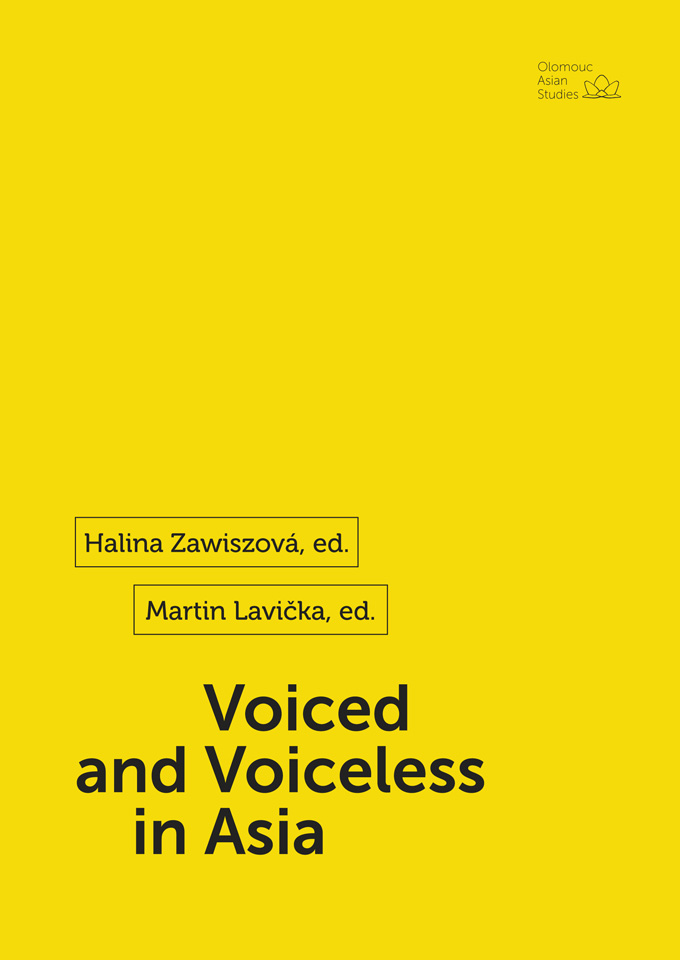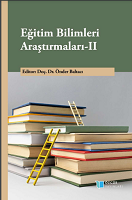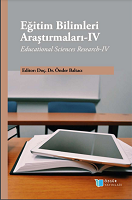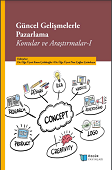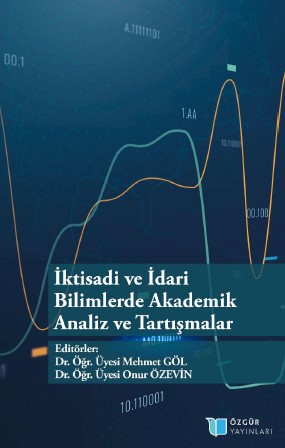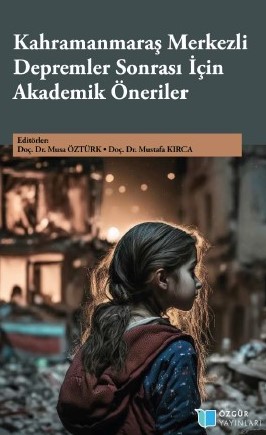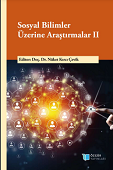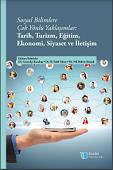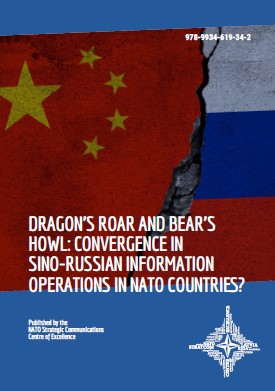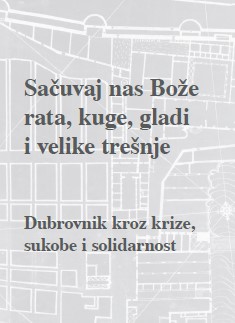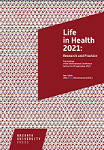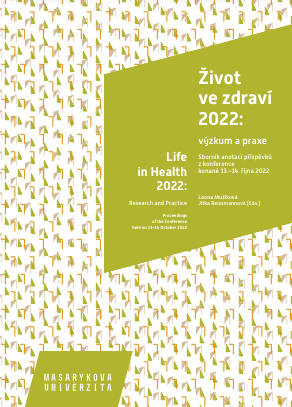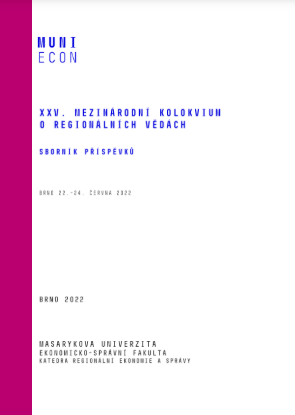Author(s): Annegret Bergmann,Pia Eskelinen,Letizia Guarini,Noriko Hiraishi,Kamila Hladíková,Fumi Inoue,Bhavana Kumari,Martin Lavička,Madhu Madhu,Rafael Vinícius Martins,Nikolaos Mavropoulos,Robert Ono,Silvia Picchiarelli,André Pinto Teixeira,Martina R. Prosperi,Rune Steenberg,Freya Terryn,Robert Tsaturyan,Jessica Uldry,Halina Zawiszová / Language(s): English
This volume consists of 19 chapters that reflect the titular theme - Voiced and Voiceless in Asia - from a variety of angles, making use of diverse scholarly approaches and disciplines, while focusing specifically on China, India, Japan, and Taiwan. The chapters are broadly divided into two parts: (1) Politics and Society, and (2) Arts and Literature, although the texts included in the second part also deal with social themes. In addition to historical topics, such as Japanese colonialism or Chinese agricultural reforms in the 1950s, the volume also addresses current issues, including restrictive Chinese policies in Xinjiang, Japanese activist movements against gender-based violence and discrimination, or the problems of migrant laborers in India and performing arts in Japan during the COVID-19 pandemic. Likewise, it provides insight into satirical woodblock prints from the Boshin War period or works of literature produced in Japanese leprosariums in the first half of the 20th century, as well as into selected topics in contemporary Chinese, Japanese, and Sinophone Tibetan literature. Collectively, the chapters comprised in this volume narrate the multifaceted relationship between 'voice' and 'power,' thus highlighting the fact that the question of 'voice' is closely intertwined with a variety of social, political, and cultural issues.
More...
